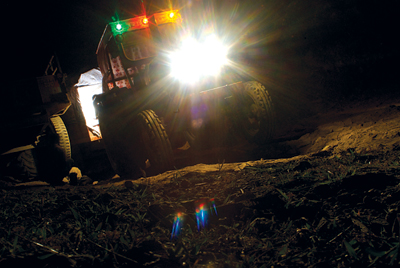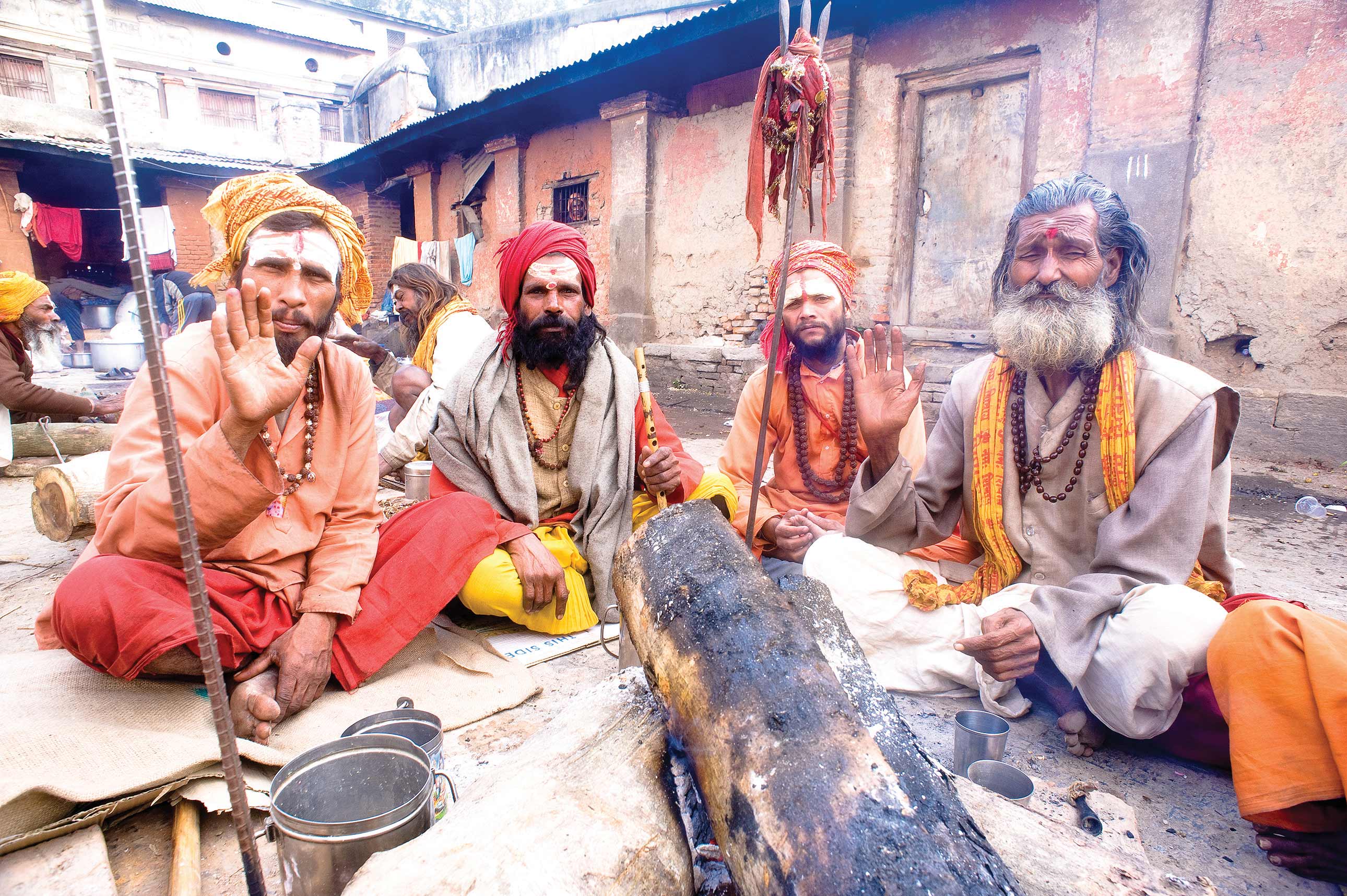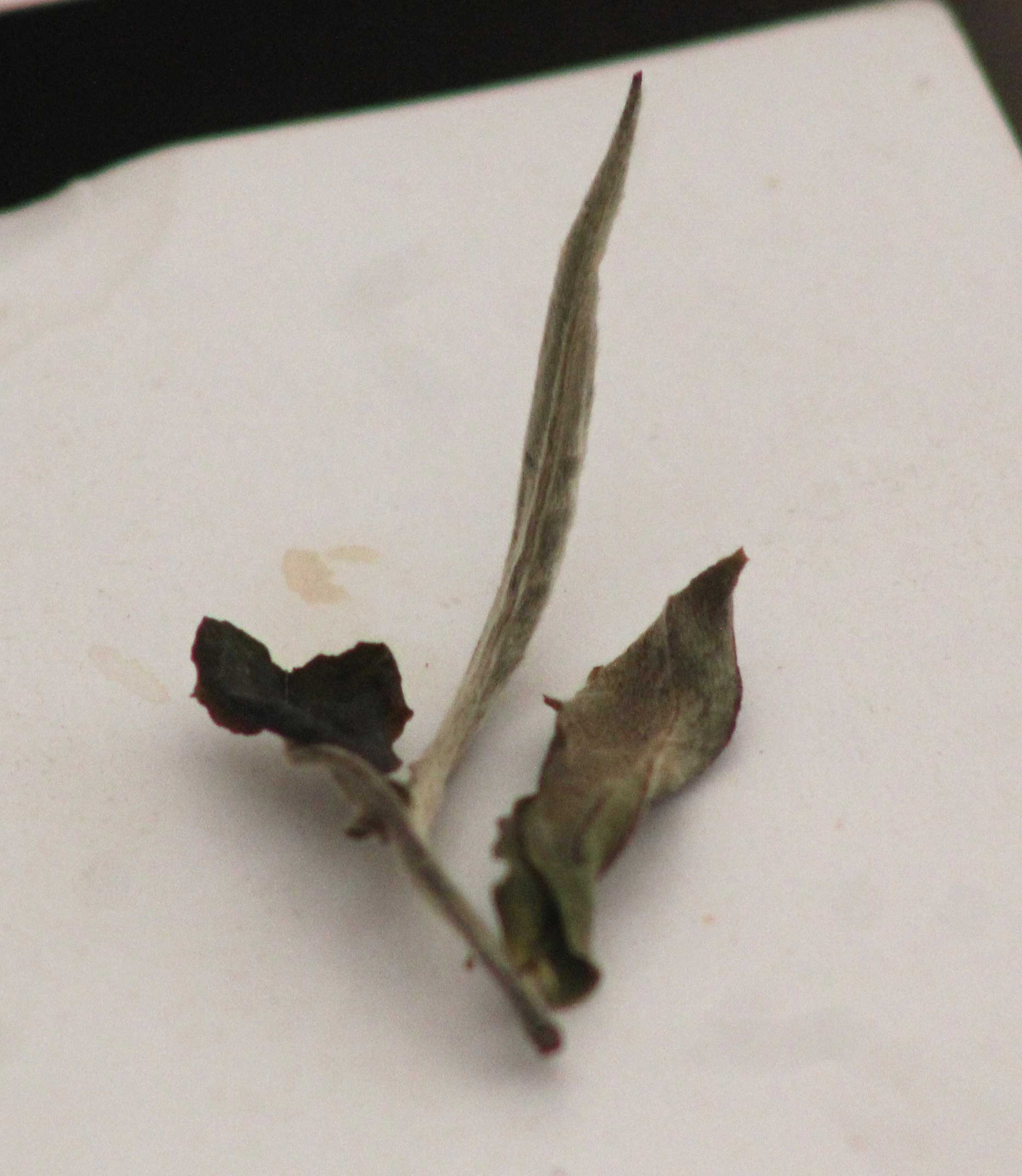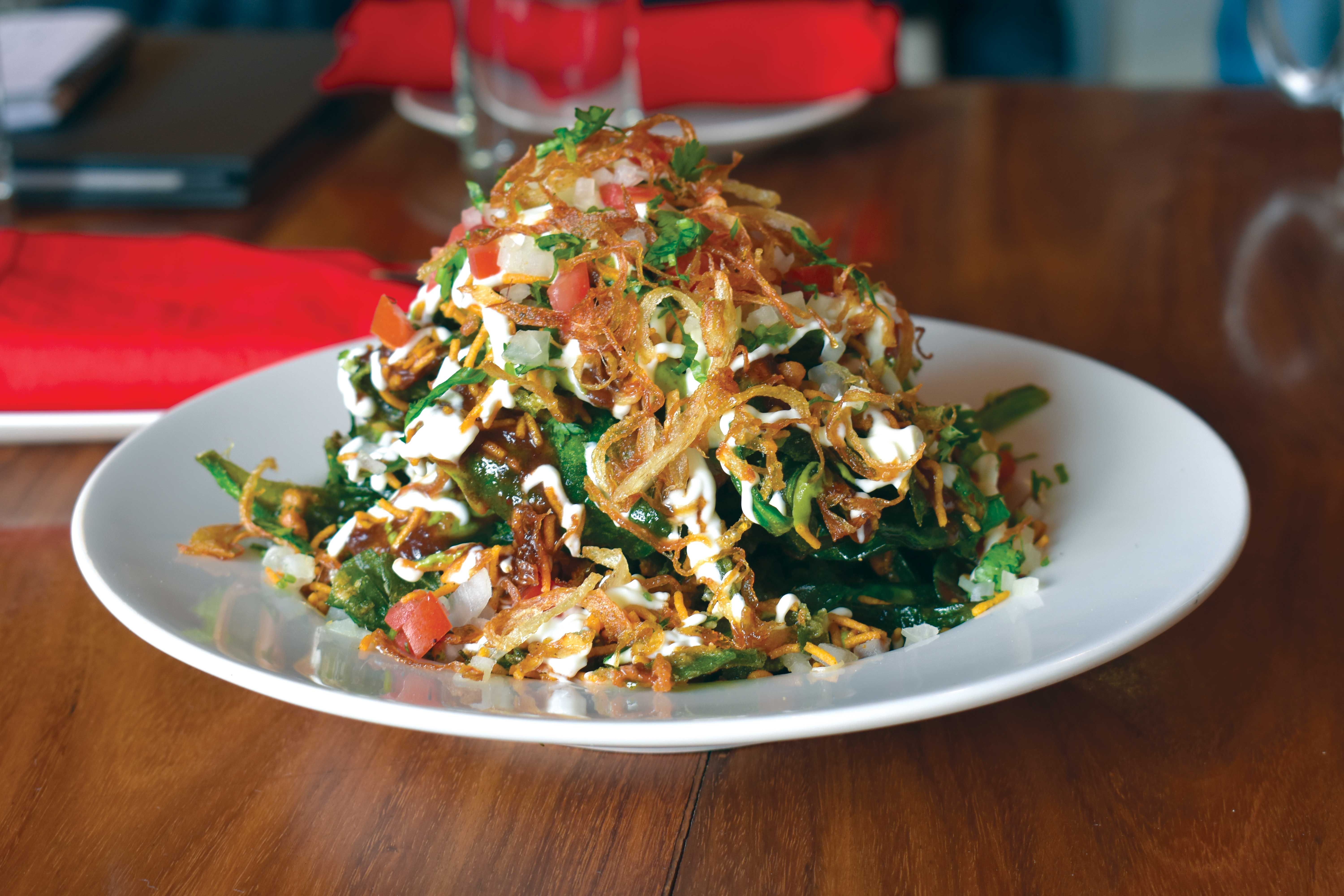They haul their heavy loads for seven or more days at a time, up the snaking mountain road from Surkhet town in the Tarai to the mountain bazaar of Jumla. A mere 200 odd kilometers; but over the monsoon obliviated track they push both themselves and their mighty beasts to the edge, onwards, upwards and back again.

Havoc ! The last two tractors of the day jammed on a frightening corner
Pulling steel-framed trailers of countless tons, filled with rice, flour, diesel, cloths and other basic necessities for the people of remote, far-flung Jumla District is no easy task. The torque of the engines on their load often rears them on their back wheels, like beast of war, charging into the fray. Humble porters and mule trains share the broken road with these mechanical beasts.
I had the opporunity, due to necessity, to ride downhill with young Binod and his tractor. My friend Amir and I were in a rush to Kathmandu and Binod was kind enough to let us hop in with him. The journey to Surkhet is but a mere two days downhill, all tractors move down empty and then up full, making it easier for one tractor to be maouverable on the perilous course if two should jam on a tight corner. Returning however is seven days of fierce struggle, fighting with their heavy haulage, negotiating strewn boulders and fellow haulers on the narrow road—not much wider than the walking trail it replaced some years back.
Wrong First Impressions
I met young Binod in the market town of Ngangma, bordering Kalilot and Jumla Districts. A manky, muddy one street bazaar, filled with all the Chinese and Indian goods one could ever require. He had stopped for the night on his way down from Jumla Bazaar for his next load. Young, no more than 25 years, wearing a muslim patterened bandana, making him look like some hip-hop gangster, far removed from the mean streets of L.A. At first I was apprehensive. But the next two days would shame me and my first impression. For me Binod became a shining example of a “good man”. Constantly fighting with any greedy teashop owners and chai-wallahs who dared try charge us visitors too much.
He’s known at all the little shops along the route—he’s a regular. His stained red teeth, show when he smiles. I have never met anybody who injests so much Pukar, scented mouth tobacco, as did our Binod. Smiling, he frightenly gestures to me how it keeps him awake on the trail—from going over the constantly precarious edge. He’s single and happy, in love with his Deutz Fahr tractor. Never are we allowed to pay for a thing when we stop, he says Kalikot people are greedy, I pay!
Whenever a tractor passes who’s driver he knows, he halts, and a comical exchange ensues—trying to get more pukar from the other driver, even if he has plenty himself. It becomes a pleasant moments respite and childsplay for the two drivers. Pukar won and in the mouth, a swift goodbye follows and onwards we all move—Binod smiling away to himself.

Amir enjoys the sunset as we descend from Manma
Broken and Strewn
As the day progresses, my body is broken over and over from the tractor leaping up, down and over boulders, through pot-holes the size of craters and streams that are far from tamed. A tractor may be faster than walking, but it definetly ain’t comfortable folks—however much it works. The driver’s seat is the only place to be.
Night approaches as we enter Manma, the district capital for Kalikot. Binod doesn’t want to spend the night, and after staying here on our way up we agree with him and move on out as the sun slips under the mountainline. Soon, in the pitch black dark, things go wrong. We meet a tractor with its heavy load of rice on a corner, it’s no good, the driver doesn’t handle it well, and we are halted for hours. The last two tractors of the night, stuck. There’s nothing to do for the first while. The offending driver’s voice is on the edge of tears, we are all thinking the same thing: there goes dal-bhat, our bellies rumble with the long day ending.
As the clock ticks by, my respect for these people grow more. Sure the humble porter is also a great man, but these are the 21st century’s version. Without them Jumla would be a very different, isolated and poor place. The only vehicles that can ply the roads year round are these beasts, although they tend not to in the rainy season—too unpredicatble.
“Cometh the hour, cometh the man”
Eventually Binod takes charge, slowly building up a track of boulders with which to drive one side of his trailer “up” on and along, giving clearance of a mere 20cm for the other driver to move. Binod moves his Deutz Fahr right to the edge, while his trailer moves upwards, into the air. Holding my breath, I pray his brakes are good. He cajoles his beast’s nose right over the precipice at a downward angle, his trailer becoming pure pressure on the hitch. The other driver begins reving his sub-par Swaraj tractor, my heart races, maybe while hauling the load he’ll knock Binod over? First attempt: not enough torque, second attempt: he slips further back, then third time: lucky, pow, he pushes through. With instant reflexes Binod clears the danger, turning from the eerie precipice, moving downhill. Back in we get and rattle along into the pitch-black night.
As midnight approaches we arrive in some random, one street bazaar; Binod disappears into the dark street on foot, soon returning with a place to sleep and people willing to cook us a late night meal.
After Binod has a glass of raksi to ease his nerves, we share a hot meal and turn in for a few restful hours sleep. Sitting back into the beast in the morning, Binod sees we are aching bad after the previous days shaking. Arriving into Dailekh District, where the road opens again to “normal” traffic, Binod puts us into a comfortable bus seat, his smile wide and strong and teeth stains shining true.
Back in the comfort of my home, in the hustle and bustle of the big noisy city, I still think of this amazing young man—to me the pride of a nation, hauling his load with his mighty Deutz Fahr up and down that far-flung trail in far-western Nepal—doing his day’s work with a smile.
Pat Kauba is a freelance writer and photographer who loves the human spirit. He can be contacted at patkauba@gmail.com.










